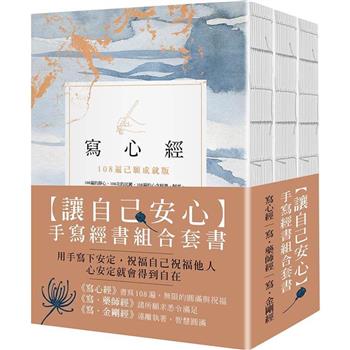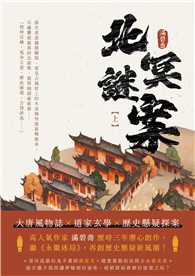In the 1990s, the UK made significant strides in addressing women’s rights, with issues such as workplace discrimination, maternity leave, and equal pay coming to the forefront of societal awareness. Despite these advancements, certain harmful practices, like underage and arranged marriages, persisted, particularly within Asian and African communities. Many families, holding onto the traditions of their original cultures from former British colonies, failed to recognize the conflict this caused with their UK-raised children, who embraced different values and lifestyles.
The novel centres around Jameela, a young woman tragically caught in such a cultural rift. Her story unfolds against the backdrop of her forced marriage and subsequent life in a tribal society, just as the fanatic militia known as the Taliban begins to rise in power. Years later, Jameela’s sister and a friend, both medical graduates, journey to this tribal land on a mission to help and to search for Jameela. Their efforts lead to arrest and near despair, until a nurse, partially educated in the UK, and her influential uncle intervene, enabling a poignant reunion with Jameela. Now a widow, Jameela has been deeply indoctrinated by the Taliban’s extremist teachings, viewing even the simplest acts of affection as forbidden.
Through an intensive rehabilitation program, Jameela gradually recovers from her indoctrination. Together, the three women return to the UK, united by a resolve to establish a charity dedicated to combating arranged and underage marriages. Their mission is bittersweet, however, as their success is overshadowed by the tragic death of their mother, who is overwhelmed by the shock and joy of seeing Jameela alive.
This poignant tale not only highlights the stark realities faced by women caught in the crosshairs of cultural tradition and modernity but also celebrates the resilience of the human spirit and the power of redemption and advocacy.
| FindBook |
有 1 項符合
Tragic Wedding的圖書 |
 |
Tragic Wedding 作者:Kadhim 出版社:Austin Macauley 出版日期:2024-06-21 語言:英文 規格:平裝 / 200頁 / 23.39 x 15.6 x 1.07 cm / 普通級/ 初版 |
| 圖書館借閱 |
| 國家圖書館 | 全國圖書書目資訊網 | 國立公共資訊圖書館 | 電子書服務平台 | MetaCat 跨館整合查詢 |
| 臺北市立圖書館 | 新北市立圖書館 | 基隆市公共圖書館 | 桃園市立圖書館 | 新竹縣公共圖書館 |
| 苗栗縣立圖書館 | 臺中市立圖書館 | 彰化縣公共圖書館 | 南投縣文化局 | 雲林縣公共圖書館 |
| 嘉義縣圖書館 | 臺南市立圖書館 | 高雄市立圖書館 | 屏東縣公共圖書館 | 宜蘭縣公共圖書館 |
| 花蓮縣文化局 | 臺東縣文化處 |
|
|
圖書介紹 - 資料來源:博客來 評分:
圖書名稱:Tragic Wedding
內容簡介
|











